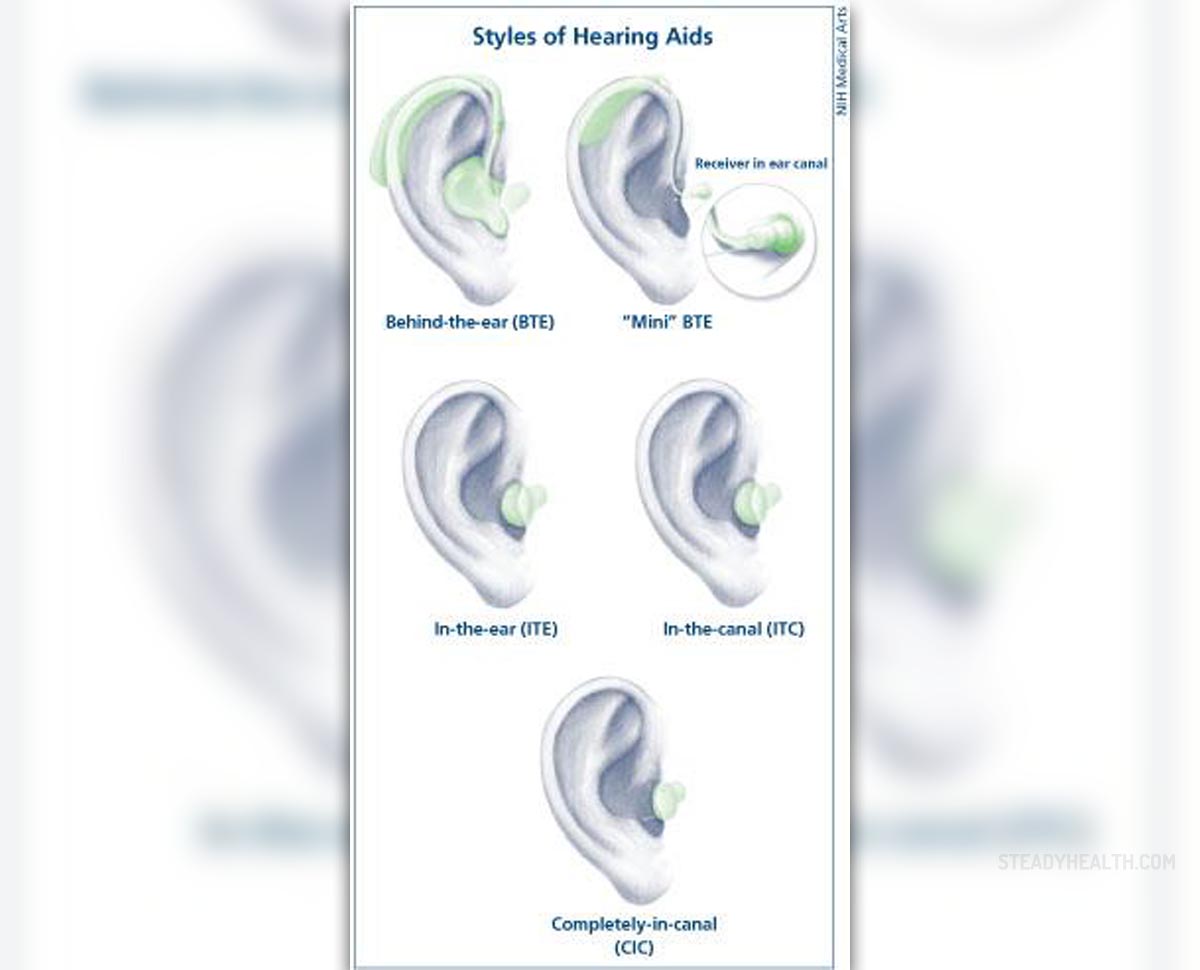
Hearing and speech are considered important tools for every child. If a child hears he/ she can learn to speak and is able to learn and develop other skills more easily. In case of hearing loss the child's speech and development in general can be significantly affected.
Hearing loss may be partial or total. It is estimated that 1% of children under the age of 18 are affected by this condition. Many of them are properly treated due to modern technology. The best results are achieved if a problem is diagnosed on time.
Types of Pediatric Hearing Loss
All the hearing loss in children can be classified into congenital and acquired. Apart from that hearing loss can be sensorineural, conductive or mixed (a combination of sensorineural and conductive hearing loss).
Congenital hearing loss may occur due to many factors. For example, it can be a consequence of certain infections during pregnancy or intake of certain ototoxic medications during pregnancy. Furthermore, babies with a birth weight less than 3lbs, or who require neonatal intensive care, and those who have received blood transfusions or certain drugs are prone to this type of hearing loss. Improper intrauterine development (disorders of the brain, the nervous system or some genetic syndromes) may also affect development of structures important for proper hearing. And finally, congenital hearing loss can occur in children with a family history of hearing loss.
On the other hand, acquired hearing loss develops as a consequence of untreated middle ear infections, infections such as meningitis, mumps, measles or whooping cough and some illnesses (Ménière's disease). Temporary hearing loss occurs due to perforation of the eardrum. Serious injury to the head and ototoxic medications are two more possible culprits of acquired hearing loss.
Diagnosis and Treatment for Hearing Loss
Hearing tests are routinely performed in hospitals soon after the child is born. These tests can successfully identify any sign of hearing loss. If parents feel that a child has a hearing problem, it is essential to diagnose the condition as soon as possible.
The child should be examined by a well experienced doctor (at department of ear, nose and throat) and he/ she undergoes specific tests performed by an audiologist, a healthcare professional specialized in identifying, diagnosing, treating and monitoring auditory and vestibular disorders.
The patients are treated according to the nature of hearing loss. In some cases hearing aids or similar amplification devices can provide with desirable results. The audiologist is essential for the process of selection, fitting and care of the previously mentioned devices. And in case hearing loss is severe it requires more complex approach such as cochlear implants.




-In-Infants-And-Older-Children_f_280x120.jpg)
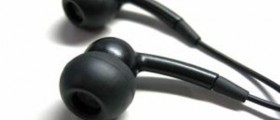
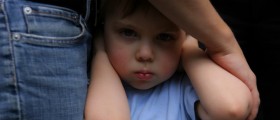


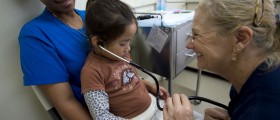
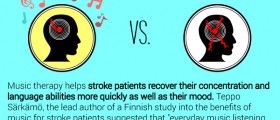
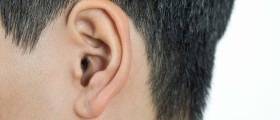
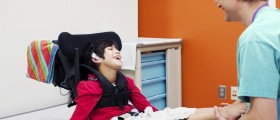
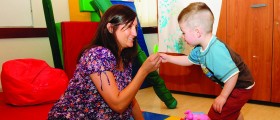
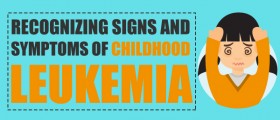
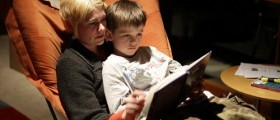
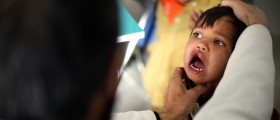
Your thoughts on this
Loading...